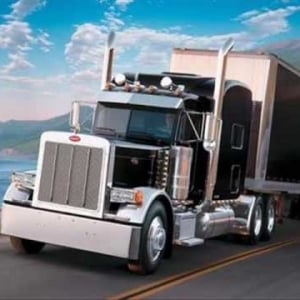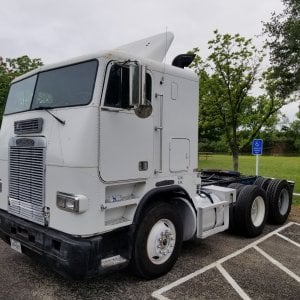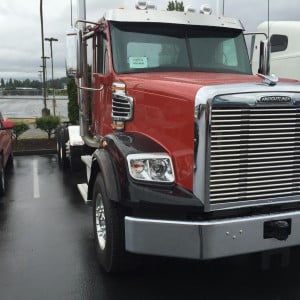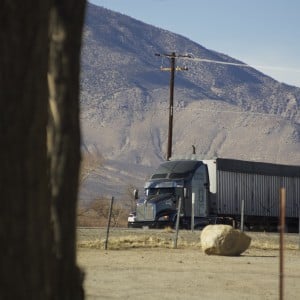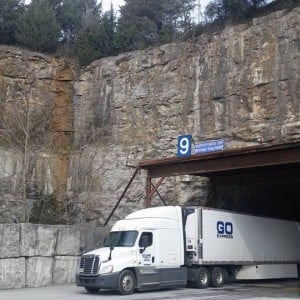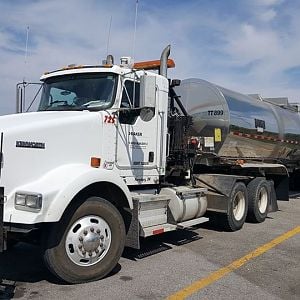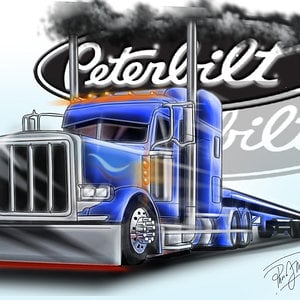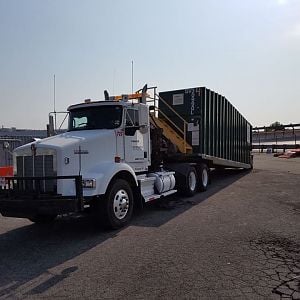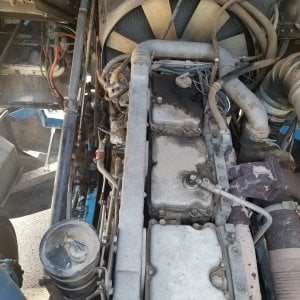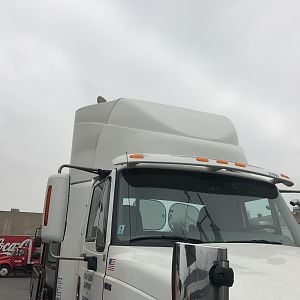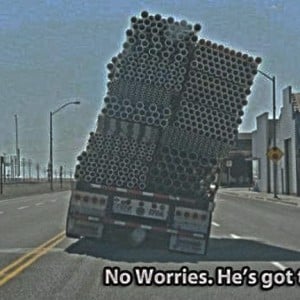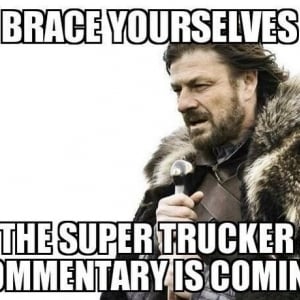SueAnn
Be safe guys, much love
@SueAnn it is important that you know what a high value load is. Most drivers don't know. I was sitting in the drivers room when one jackass starts popping off about a $300,000.00 load he had and how it was high value and then the rest of the idiots chimed in on the value of the loads they have hauledI had to walk away.
The main guy had a load of gears. BFD! No one is interested in that.
A high value load is one that can be easily be sold on the street. Not the value of the load and some of it may sound silly but things like
Baby food.
Baby diapers.
Meat loads. Steak, chicken, etc.
Certain electronics.
There are many more but I am sure that you get the idea.
That makes sense. That kind of load would be easy to get rid of on the streets. I have no idea why people talk about their loads. They may as well write it on the side of the truck. Boogles my mind. All of this is so new to me, I really appreciate you taking the time to fill me in.



